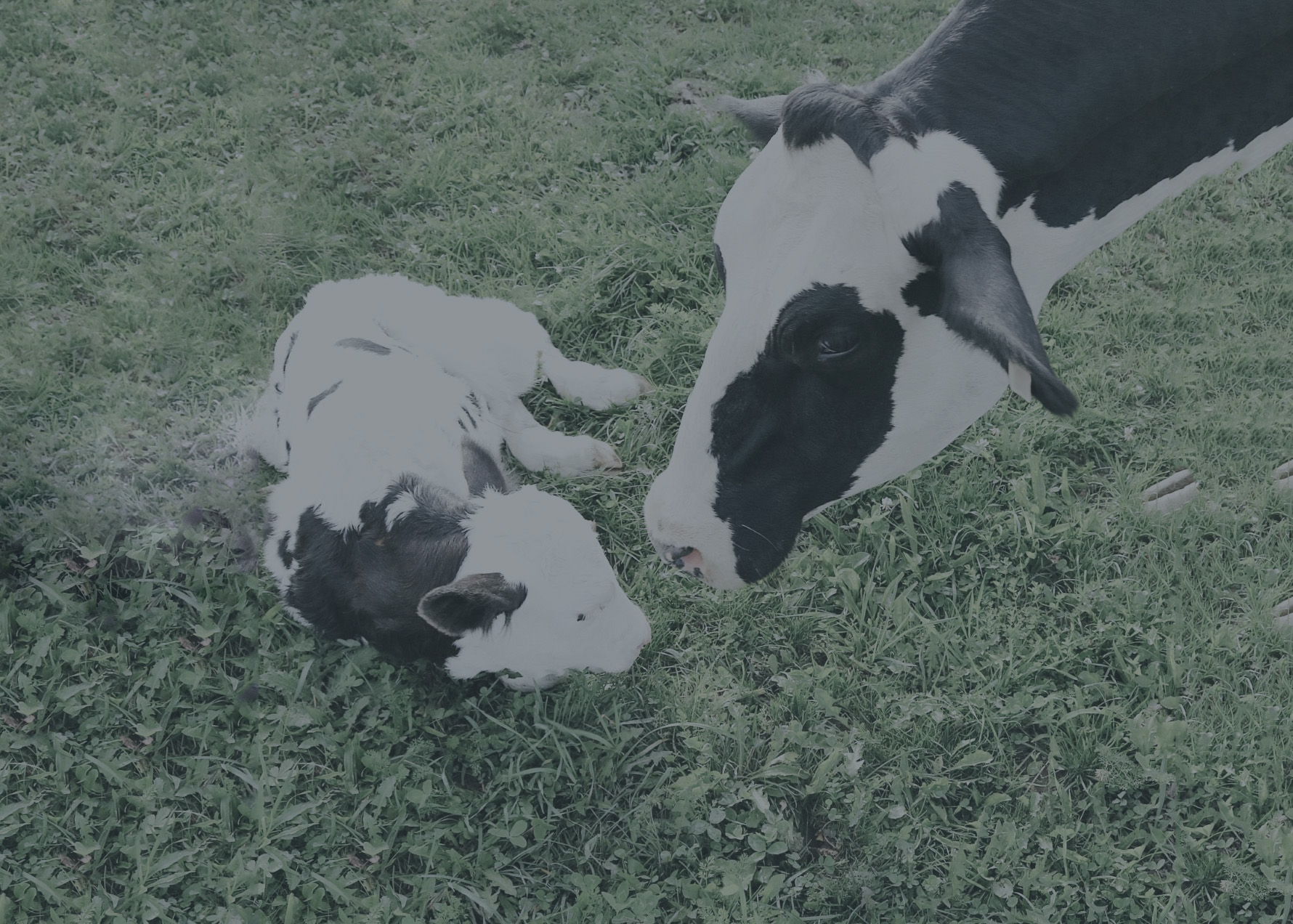
At Western Organic Family Farms,
we’re all about sustaining family farms producing quality dairy products, helping families through education and community outreach, and advocating for our way of life.
From corporations to small markets, we’d love to connect with your consumers. Let us know how we can help!
If you have a question, please check out our FAQs to get all the facts on organic and organic A2/A2 milk.
Comments? Questions? We look forward to hearing from you!

What is organic A2/A2 milk?
It is the same milk that has gone through the certification process as organic milk but it only has the A2/A2 protein. A2 beta-casein is the main protein in human milk. Therefore, it is more natural to the human body and easily absorbed. Back in the day, cows only produced milk with the A2 beta-casein protein. At some point in history, a genetic mutation led to a variant of this protein, giving rise to A1 beta-casein protein. Today, most cows produce a blend of A1 and A2 proteins.
Proteins are large, complex molecules that play many critical roles in the body. Proteins are composed of amino acids, which are organic compounds made of carbon, hydrogen, nitrogen, oxygen or sulfur. Beta-casein is a type of protein in milk. There are two main types of beta-caseins: A1 and A2 beta-casein protein.
For more information, we recommend consulting these resources:
A2 milk: What you need to know
Effects of milk containing only A2 beta casein versus milk containing both…
What does it mean to be USDA certified organic?
It means that our farms have been audited by an accredited certifying agency through the NOP (National Organic program) and must adhere to all organic standards and record and document what has been going on our farms.
Organic milk requires certification of most aspects of the farm, from animal husbandry to how we prepare our crops. Organic milk comes from farms who care deeply about animal welfare, biodiversity, and conservation. It also requires slightly different farming practices, from how we feed and care for our animals to how we manage our land. All organic farms must follow the National Organic Standards and are inspected annually. With us, you can be confident that our dairy products are certified USDA Organic, Validus certified, and Non-GMO verified.
What is organic powdered milk?
It is milk that has gone through a process of dehydration which has removed a high percentage of the water from the milk. This leaves a dried powder which when water is added back to it has the same nutrients as the milk it was dried from.
What is sustainable organic farming? How is it different from “regular” farming?
We strive to put nutrients back into the soil using manure and slurry from our farms to enrich the soil. We do not use any synthetic fertilizers or pesticides. Our goal is to try to leave the soil as undisturbed as possible.
Why do you differentiate between organic and organic A2/A2 milk?
We differentiate because organic milk has both A1 and A2 beta casein proteins, while milk that comes from organic A2/A2 cows has just the A2 beta casein protein. To learn more, please visit What Is A2 Organic Milk?
Why isn’t more milk at the grocery store organic A2/A2 milk?
Other co-operatives like ours are only just beginning to move towards organic A2/A2 milk. Because many cows (and any organic milk you can find at your local grocery store) still have A1 and A2 beta casein proteins, it will be many years before grocery stores begin carrying more organic A2/A2 milk.
Why is organic A2/A2 a long-term initiative?
Because most cows still have A1 and A2 beta casein proteins, dairies must cultivate several generations of cows before they see cows that solely have A2 protein in their milk. This is achieved through breeding. On our farms we verify that our organic A2/A2 cows indeed only include the A2 protein by submitting DNA for testing to make sure each individual cow only carries the A2/A2 gene.

